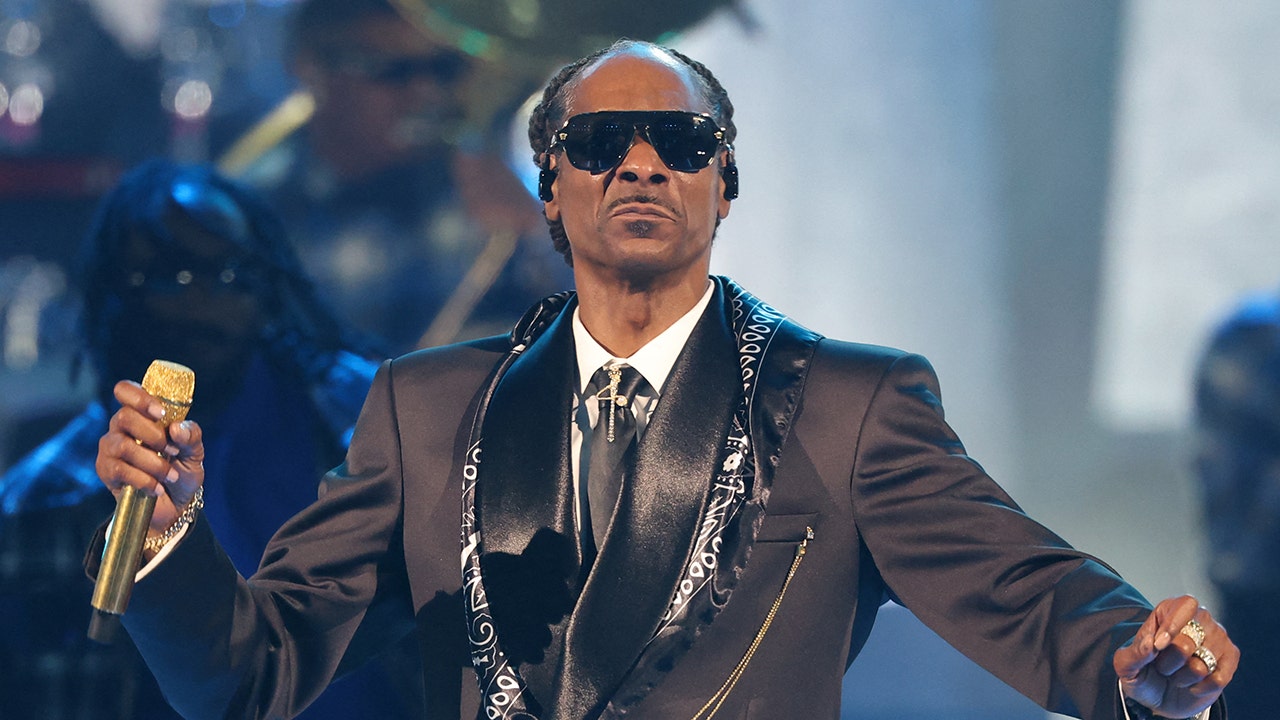Snoop Dogg’s Instagram Apology Debunked: Fake Comment Sparks Controversy
Snoop Dogg’s team has revealed a shocking twist: an Instagram comment addressing backlash over his criticism of LGBTQ+ representation in children’s films was “fake.” The incident, tied to his remarks about Disney’s Lightyear, has ignited debates across the U.S., raising questions about social media security and public perception.
The Fake Instagram Comment
On September 1, 2025, a comment posted on Hollywood Unlocked’s Instagram page, seemingly from Snoop Dogg’s verified account, responded to criticism over his earlier statements. The comment read: “I was just caught off guard and had no answer for my grandsons. All my gay friends know what’s up, they been calling me with love. My bad for not knowing the answers for a 6-year-old. Teach me how to learn. I’m not perfect.”
Snoop’s representative quickly clarified to The Hollywood Reporter that the comment was not authored by the rapper or his team, labeling it “fake” and suggesting unauthorized access to his account. Curiously, the comment remained live on Instagram as of September 1, 2025, fueling speculation about its origin.
The Root of the Controversy
The controversy stems from Snoop Dogg’s August 2025 appearance on the It’s Giving podcast, where he expressed discomfort with a same-sex couple featured in Disney’s 2022 film Lightyear. He described taking his grandson to see the Toy Story spinoff, only to be stumped by questions about a lesbian couple raising a child. “I didn’t come in for this,” Snoop said, adding, “It threw me for a loop. I’m like, scared to go to the movies.”
His remarks drew sharp criticism, with some labeling them homophobic. Actress Ts Madison called him out on Hollywood Unlocked, pointing to Snoop’s own music videos featuring women kissing as a contradiction. The fake Instagram comment appeared to address this backlash, portraying Snoop as open to learning, but his team’s denial has complicated the narrative.
Public and Expert Reactions
The incident has sparked varied reactions. On X, some users praised the sentiment of the fake comment, with one noting, “It was a pretty okay response, and they’re like, ‘Hell no, that’s not me.’” Others criticized Snoop’s original stance, with one X post calling him a “Trump-supporting clown” and questioning his consistency.
Experts have weighed in, too. Lightyear writer Lauren Gunderson defended the film’s inclusion of a same-sex couple, stating, “As small as that detail is in the film, I knew the representational effect it could have.” Media analysts have highlighted the incident as a case study in misinformation, noting how quickly the fake comment spread. Some, like a Reddit user, speculated it was a strategic move to “play both sides” without Snoop taking a clear stance.
Impact on U.S. Audiences
This saga resonates with American readers, particularly in the context of ongoing debates about representation in media. The inclusion of LGBTQ+ characters in children’s films has become a cultural flashpoint, with 48% of U.S. parents discussing such topics with their kids, per a Pew Research Center study. Snoop’s comments and the fake apology highlight the challenges public figures face navigating these discussions, especially in a polarized climate.
The incident also underscores the vulnerability of social media accounts, impacting trust in online platforms. For U.S. fans of Snoop, a hip-hop icon with deep cultural influence, this controversy could shape perceptions of his legacy, particularly among younger audiences who value inclusivity. It may also prompt broader conversations about how celebrities address sensitive topics, potentially influencing entertainment industry practices.
Conclusion and Future Outlook
Snoop Dogg’s team has firmly debunked the Instagram comment, but the incident leaves lingering questions about his stance and the security of high-profile accounts. As the debate over LGBTQ+ representation in media continues, this moment serves as a reminder of the power—and pitfalls—of social media in shaping narratives. Moving forward, Snoop may need to clarify his views to quell speculation, while platforms like Instagram face pressure to bolster security. For now, the controversy remains a talking point, bridging entertainment, culture, and technology in the U.S.
